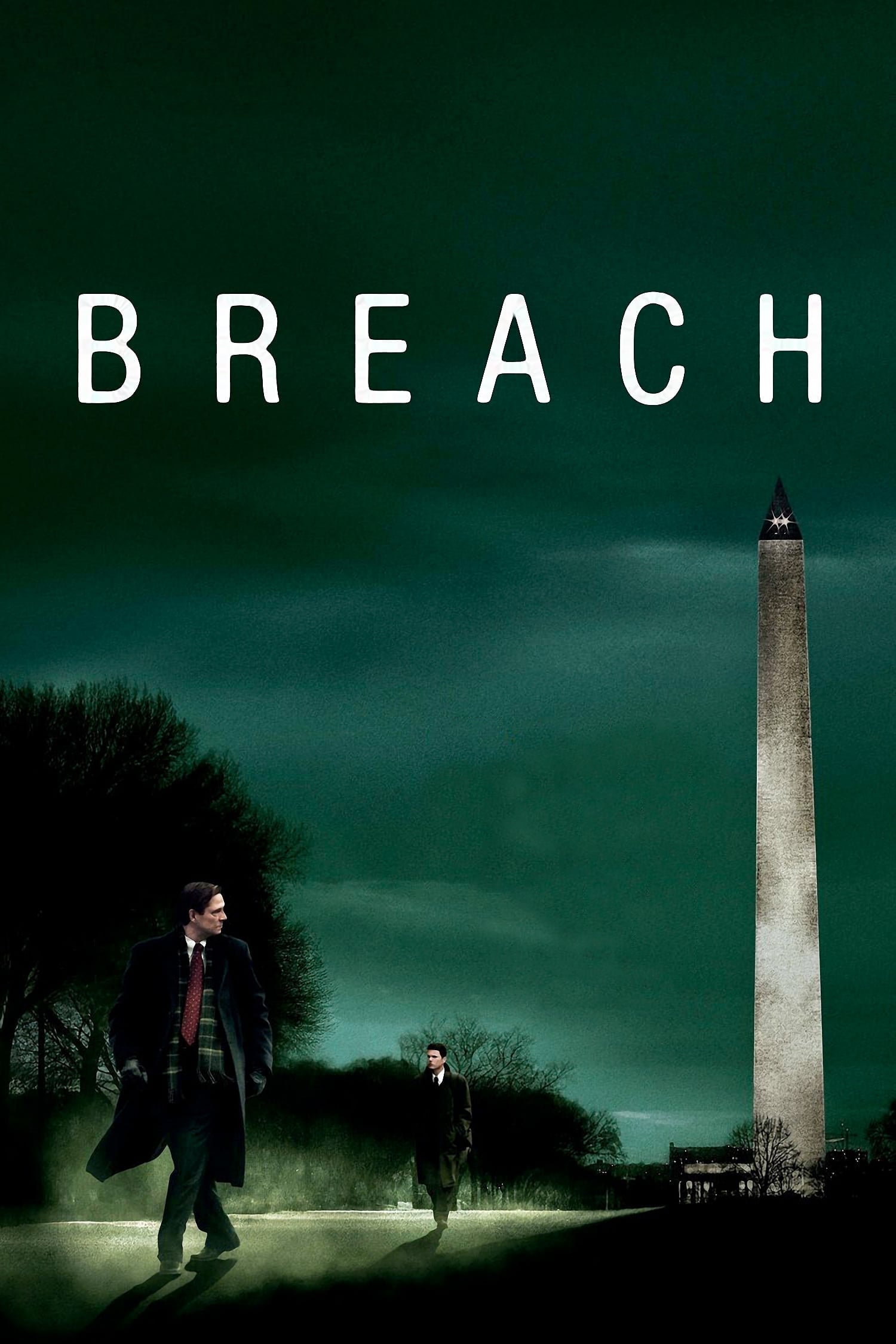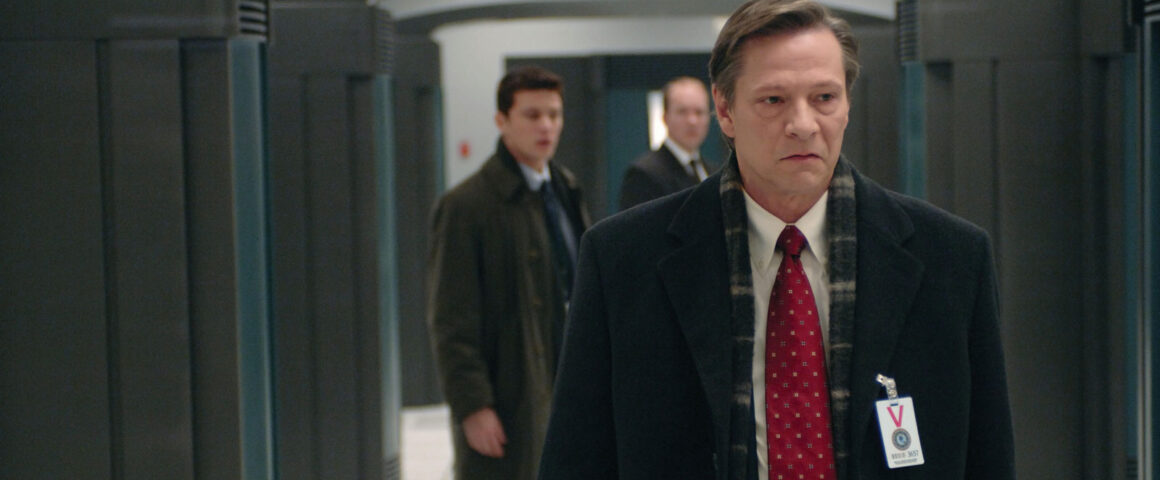
Ray serves up a bland, anonymous corporation, one in which organizational rivals bitterly compare offices, and shrink-wrapped computers sit stacked in the harshly lighted halls.

In contrast to the world of shadows and mystery Robert De Niro fashions for “The Good Shepherd,” his origin story about the C.I.A., Mr. Ray doesn’t do much with the camera, but his no-frills, almost generic visual style suits the subject. When he keeps it cool, the film works surprisingly well. Ray wisely holds his indignation in check in favor of something more analytical. The stakes are far higher in “Breach,” of course, but Mr. Even so, only a filmmaker with a naïve, blinkered view both of journalism and human nature, and with so little grasp of what can happen when youthful ambition meets institutional self-importance, could have been surprised by a Stephen Glass or reached such dizzying heights of outrage. Ray’s unapologetic seriousness is one of the film’s strongest assets. “Shattered Glass” has its moments, if not enough of them as in “Breach,” Mr. Like the earlier film, “Breach” is about secrets and lies, and smart, arrogant men waylaid by their own pride and pathologies. Ray last directed the 2003 drama “Shattered Glass,” about that artful dodger Stephen Glass’s tarnished tenure at The New Republic. With his weekend casuals and Ford Taurus, he might have been just another suburban dad bagging leaves. The real double agent practiced his tradecraft in Washington and New York, not Cairo and Istanbul, and delivered the goods - more than 6,000 pages - in garbage bags secured with tape. Hanssen, played by the stellar Chris Cooper, comes across as a middle manager type, a drone in a suit. Unlike Kim Philby, an aristocratic figure who swanned across the world while passing classified British and American information to the Soviets, Mr. One of the strengths of “Breach,” a thriller that manages to excite and unnerve despite our knowing the ending, is how well it captures the utter banality of this man and his world.

Later that day, he dropped a garbage bag stuffed with intelligence secrets in a Virginia park not far from his home.

On the February 2001 morning of his arrest, he attended Mass at a Roman Catholic church where the services were in Latin and many in the congregation belonged to Opus Dei. For many of the 25 years he worked at the F.B.I., he covertly thrived in that culture, like a stealth malignancy. Hanssen’s success as a spy this way: “Succinctly put, security, other than physical security, was not inculcated into the culture as a priority that must be practiced, observed and improved upon every day.” No kidding.

In the spring of 2002, an assistant director at the F.B.I. Hanssen was a little of each he was also greedy, pathetic, malevolent - a creep’s creep. counterintelligence agent Robert Philip Hanssen, who sold secrets to the Soviet Union and later Russia for more than two decades, suggests that it’s time to dust off the rest of that same rhyme: “rich man, poor man, beggar man, thief.” Now in prison, where he’s serving a life sentence, Mr. When John le Carré appropriated a nursery rhyme for his 1974 book about spies and spy-catchers, he borrowed just three words, “tinker, tailor, soldier,” then sexed up the whole thing by adding a fourth word, “spy.” The new film “Breach,” about the F.B.I.


 0 kommentar(er)
0 kommentar(er)
